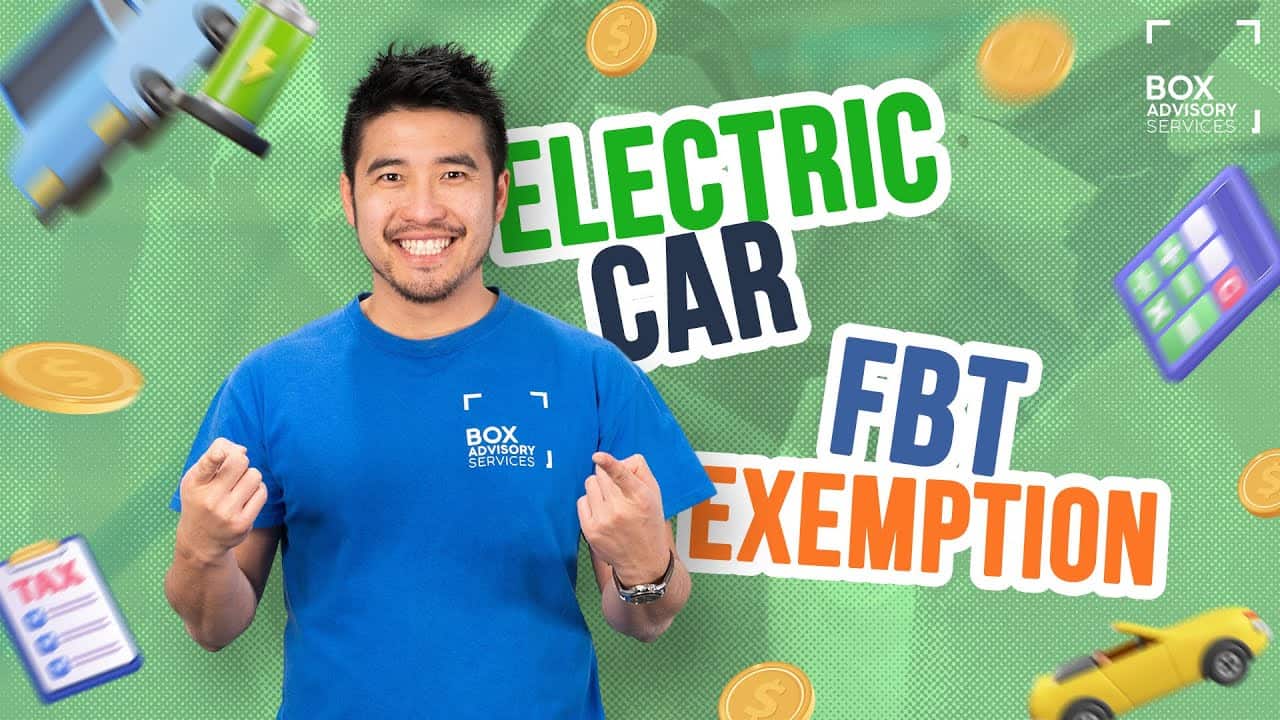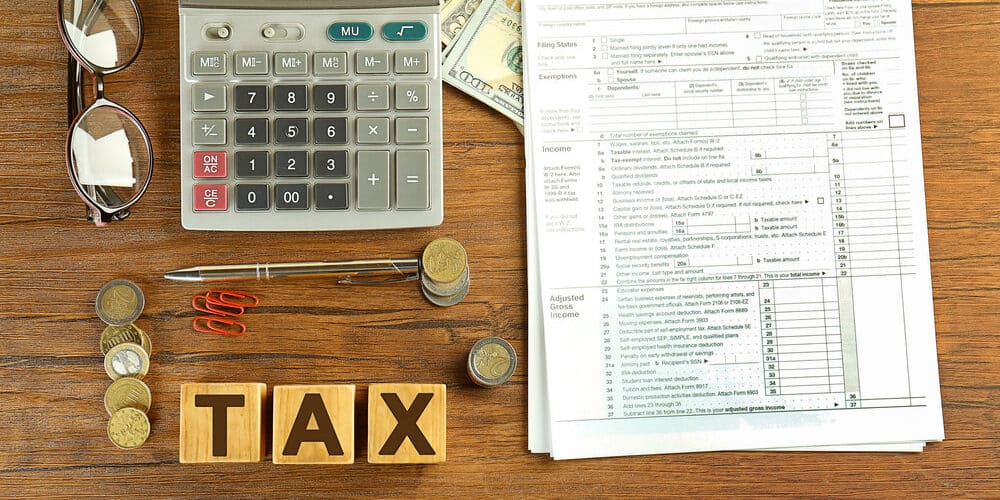
BY
|
Electric Car FBT Exemption
In 2022, the Australian Government introduced the Treasury Laws Amendment (Electric Car Discount) Bill to amend the Fringe Benefits Tax Assessment Act 1986 to exempt cars that are provided to employees for private use with zero or low emissions from fringe benefits tax (FBT). These include battery electric, plug‑in hybrid electric, and hydrogen fuel cell electric cars.
The exemption applies to all car benefits employees have (including those associated with running the car). However, it’s important to understand the practicalities that surround compliance and what kind of proof you’ll need to claim the exemption.
Essentially, this bill benefits a number of parties: motorists, employers, and the environment.
So, here’s everything you need to know about the fringe benefits tax on fuel-efficient vehicles, as per the new laws.
What is Fringe Benefits Tax (FBT)?
Fringe Benefits Tax (FBT) is a tax that employers pay on certain non-cash benefits that they provide to employees or their family members.
An employee, for FBT purposes, is defined as someone who:
- Is currently employed by the company
- Is a future or past employee
- The director of the company
- A beneficiary of a trust who works for the company
Some examples of fringe benefits include:
- Allowing an employee to use a company car for private purposes
- Providing car parking
- Paying for an employee’s gym membership
- Giving employees free tickets to concerts or events
- Reimbursing expenses like school fees
- Providing loans with discounted interest rates
When a fringe benefit is provided to an employee, the employer will incur fringe benefits tax, commonly known as FBT, which is a 47% tax on the taxable value of the fringe benefits provided.
Note: There are some exemptions from FBT as well as concessions available for certain non-profit organisations. Employers can also reduce their liability through salary sacrifice arrangements with employees.
Reporting Fringe Benefits
The taxable value of the fringe benefits is calculated based on the actual cost to the employer of providing those benefits. Employers must self-assess and pay FBT annually by lodging a FBT return with the Australian Taxation Office (ATO).
Applying the Electric Vehicle Fringe Benefits Tax Exemption
The FBT exemption on electric cars will enable employers to provide electric cars to employees (either through a salary packaging arrangement or a novated lease agreement) without paying additional fringe benefits tax, provided that certain criteria are met, including the following:
- The vehicle must be classified as a fully battery electric vehicle, hydrogen fuel cell, or plug-in hybrid
- It must be designed to carry under 1 tonne and fewer than 9 passengers. Motorcycles do not qualify
- The car must first be used on or after July 1, 2022, to qualify. So only new electric company cars leased after this date get the exemption
Note: Plug-in hybrid electric vehicles are only eligible for the exemption until March 31, 2025. After that date, they do not qualify unless there is a pre-existing commitment that has not been modified.
Keep in mind, however, that while FBT exempt, the value of the electric car fringe benefit still counts towards the employee’s reportable fringe benefits amount for tax purposes. So, you will still need to report it on your FBT return separately from non-exempt benefits. The exempt benefits can then be excluded from the calculation of total taxable fringe benefits for the employer.
How Does Salary Sacrificing Work?
Salary sacrificing involves an employee giving up part of their gross salary in exchange for certain benefits.
A common example is salary packaging car fringe benefits.
The employee selects a car within set parameters, and a portion of their pre-tax pay goes towards the monthly lease cost. As the funds come out of the gross salary, it provides the employee with some income tax savings.
So they pay less income tax, and the savings can be put towards the car payments.
Which Electric Cars Are Exempt From FBT?
Eligible electric vehicles include the following:
- Chinese SUVs
- BYD (Atto 3)
- MG (ZS EV)
- Hyundai
- Lexus
- Kia
- Nissan
- Mazda
- Mini
- Polestar
- Volvo
Does the FBT Exemption Apply to Luxury Cars?
No, the electric vehicle FBT exemption has a luxury car threshold. Only electric cars valued under the relevant luxury car tax limit are eligible for the FBT exemption when salary packaged or leased through an employer.
What is the Luxury Car Tax Threshold?
For the 2023-24 financial year, the luxury car tax threshold is $89,332 for fuel-efficient vehicles like electric cars. So if an employer provides an electric vehicle valued above this limit as a fringe benefit, normal FBT rules apply regardless of whether it is electric.
Note: The threshold is indexed annually and aimed at luxury, high-end vehicles.
Essentially, the government wanted to encourage more electric car take up through the FBT exemption while avoiding tax relief applied to expensive luxury electric cars that businesses provide to executives.
Changes to Import Tariffs
As part of the changes made to the tax on electric vehicles, the government also announced that it would get rid of the 5% import tariff for eligible vehicles (below the luxury car threshold) and develop the country’s first national electric vehicle strategy. This will be in addition to the state/territory tax/duty concessions applicable to certain electric cars.
Key Takeaways
- The FBT exemption removes the 47% FBT that would normally apply when employers provide eligible electric cars valued under $89,332 to employees for private use.
- It covers battery electric, hydrogen fuel cell, and qualifying plug-in hybrid cars first used after July 1, 2022, as a fringe benefit.
- The exemption incentivizes greater business and consumer uptake of electric vehicles to support decarbonization.
- Employees can salary sacrifice/package electric cars through their employer and save on income tax obligations.
- The value of the electric car fringe benefit still counts towards the employee’s reportable fringe benefits amount when calculating their own tax liabilities.
Whether you’re a business owner or an employee interested in this topic, Box Advisory Services has tax agents and financial advisors on hand who can further explain the new rules and regulations surrounding this deduction. Furthermore, we can advise you on the best strategy for claiming it.
Get in touch with our team today and learn more about electric car FBT exemptions.




